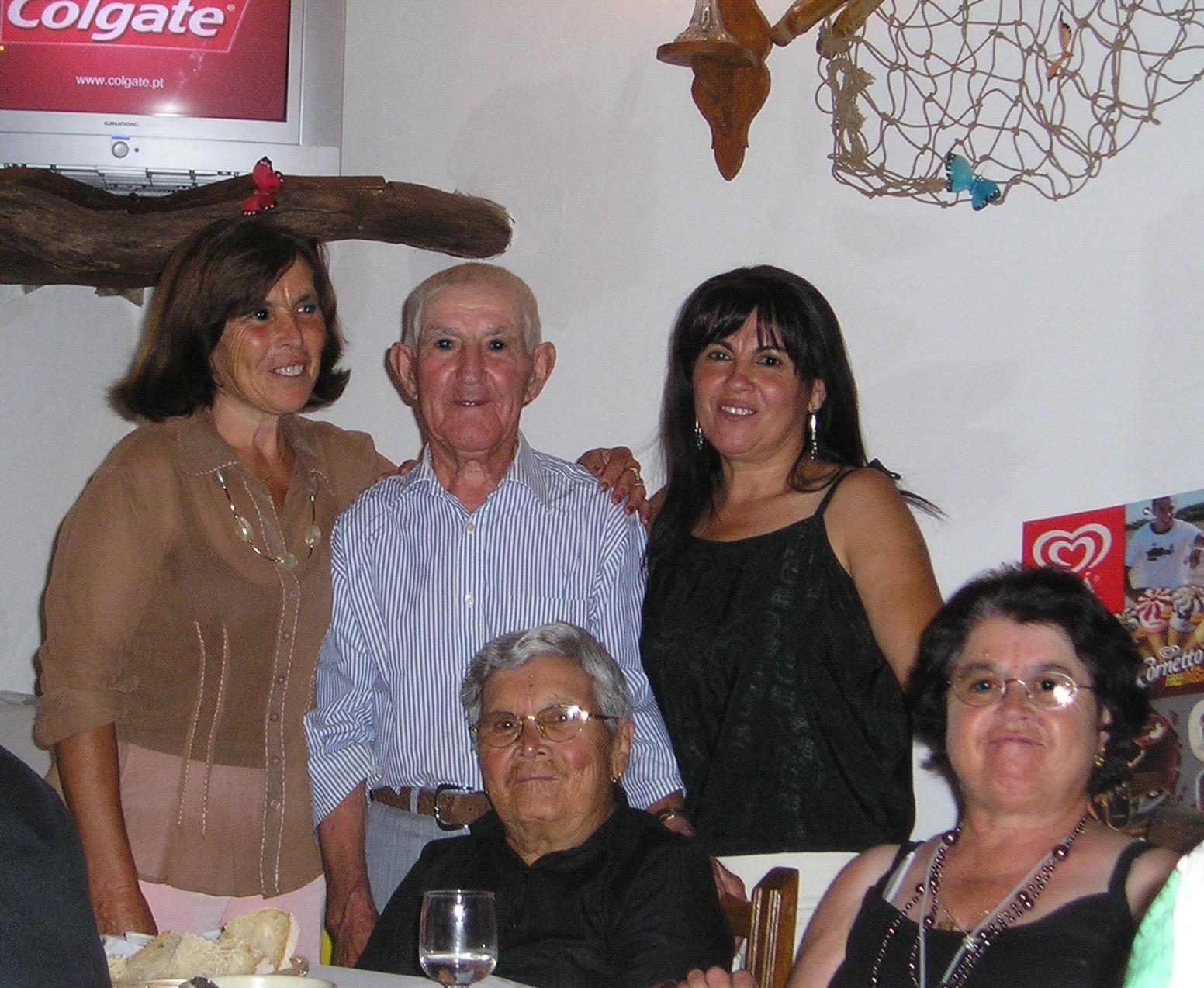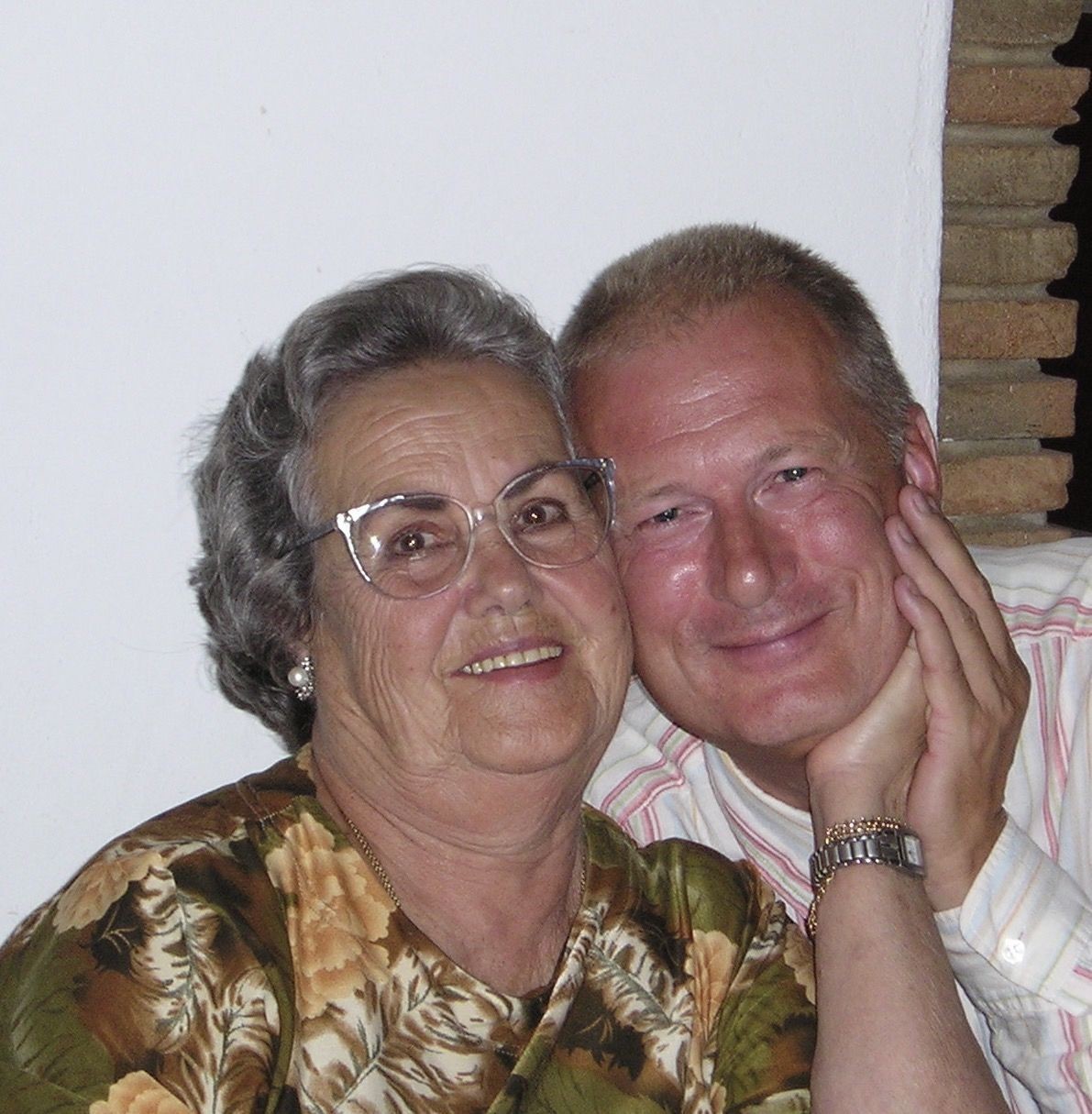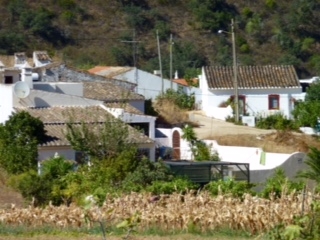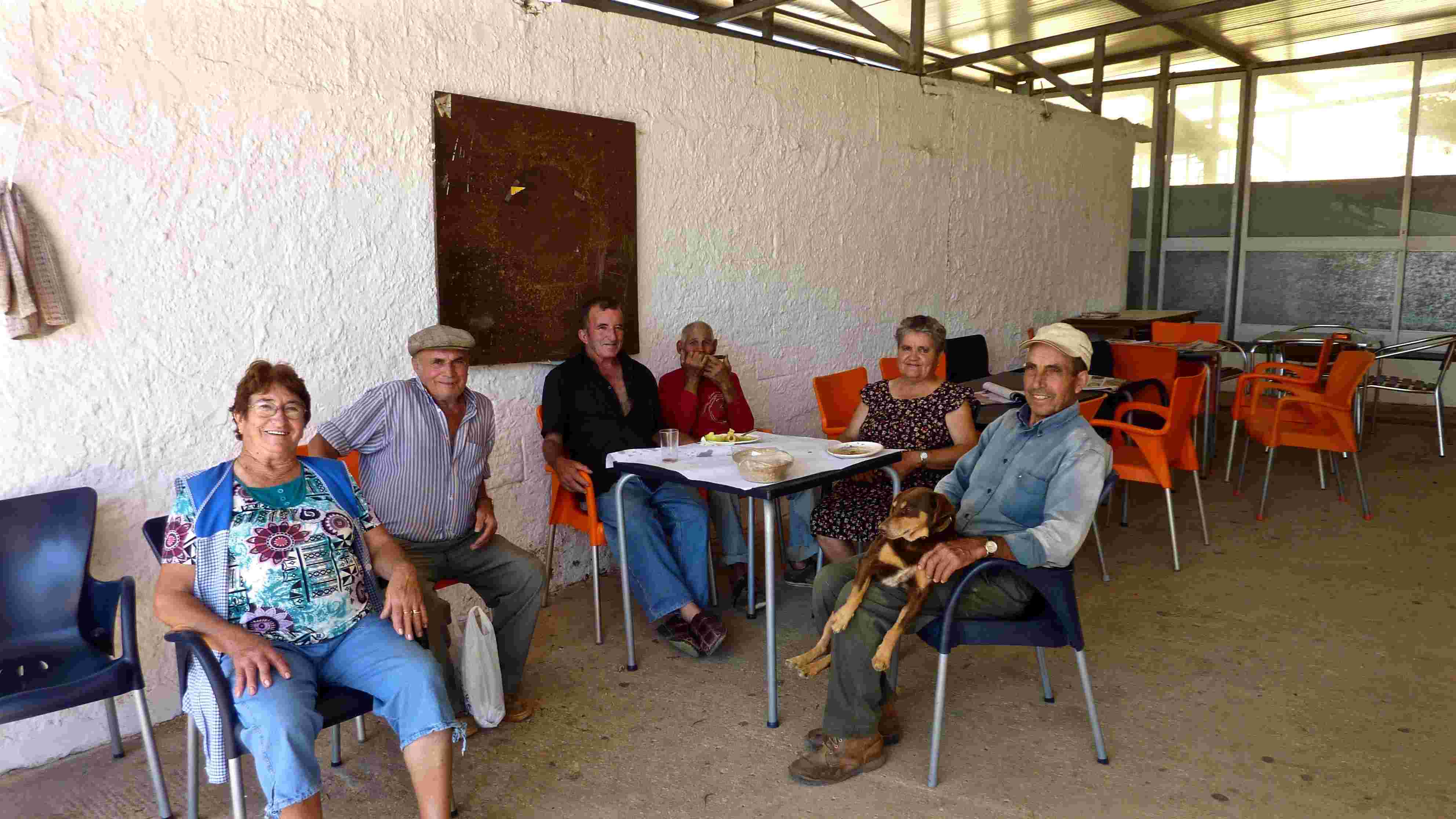Lynne Booker
Home from Home
You can choose your friends but you cannot choose your family, nor can you choose where you are born. Some of us have the luxury of choosing where we live. Many years of long, cold English winters made me, like many others from northern climes, yearn for a place in the sun.
I thought that I would leave for Italy - the land of opera, pasta and romance - or maybe somewhere in passionate and proud Spain. I never expected to fall so quickly in love with Portugal. On our first arrival at Faro airport sixteen years ago, I felt that I had also arrived home and after an evening gazing at the reflection of the moon shining on the River Gilão in Tavira, I had narrowed down the location of where I wanted to live. Somewhere near Tavira. From the main road, four kilometres of a narrow windy road brought us to the top of a hill with breathtaking views over the village of Morenos. We thought it was special. What Maria Adelaide calls A nossa aldeia. It was only later that I discovered that nearly every view in rural Algarve is breathtaking!
The purest air in Europe, skies bluer than seems possible, a parade of different wild flowers through the year, a wild and wide variety of song from birds determined to impress. The magnificent sculptured trunks of oak and carob trees, with the noise of the bells on the sheep and goats as they rummage for greenery. The donkey carrying home the day´s pickings in panniers. Idyllic. Like thousands of other northerners we have found our place in the sun. But what is the socio-economic and cultural impact on the people that live here and whose families have lived here for generations? What do they think of the estrangeiros in their midst?
When we first visited this hamlet in the parish of Santa Catarina da Fonte do Bispo 14 years ago, we were introduced to the seller of our land, Manuel de Jesus and his wife Maria Adelaide do Rosario. Manuel is now 82 years old and Adelaide nearly the same. They have three daughters of about our age but have adopted me as a filha a mais perta, and so we are a little like members of the family. One daughter lives in Vale de Murta, another near Santo Estêvão and the youngest in Umbria, so we are the closest. I have often looked at the photos of Manuel and Adelaide at the time of their marriage They show two beautiful young people and it was always Manuel´s way to raise a laugh. Even now he and his wife of 63 years enjoy a joke, usually as a result of some clowning on his part. When we go shopping we call by to see we can buy anything for them ( if Maria dos Anjos has not already done it ). Quite often, Manuel requires another crate of beer. Not for him, he says, but his friends are so thirsty.

Many is the party we have attended with Manuel and Adelaide at their house From the heat of the summer with its barbeques to the depth of winter with its stews, their welcome is always warm. Which is more than you could say for their house. We are still not used to sitting down to dine with our coats and hats on.
When we first arrived to see our own house being built, our plumber José, a veteran of the war in Guiné who still remembers his army number, welcomed us. Thank goodness for foreigners like you, he said. Without the English, Dutch and German incomers, the villages of the serra would soon be empty. And we can see it happening around us. There are married couples who farm still, and they are all at least in their seventies, although their children no longer live here. When the parents have gone, their children will certainly not want to live as full-time farmers in the village, and so for us, living here will become a different experience.

The village school was sold before we came and is now a private house. The next closest primary school in Várzeas de Vinagre was closed since we arrived, and all children in the parish now attend primary school in Santa Catarina or secondary school in Tavira. During this last year, the last Morenos child left school, and so the school bus no longer calls in our hamlet. We are at the dawn of another age. I calculate that there are just over 30 Portuguese living in our village ( of whom 90% are over 70 years old) and seven foreigners, with some others who visit sometimes.
Even so, our small village has a number districts with names, such as Horta dos Canos, Barreira and Fóia and these will disappear with the people who use them.

The one institution which will survive is the Clube de Caça e Pesca dos Morenos. On a hunting day, there could be as many as 70 cars and jeeps parked higgledy piggledy with four times that many dogs in trailers. In the recent past, hunting on this scale would not have been possible, since within living memory, none of the land in the valley was covered in cistus and scrub, it was cultivated. Manuel asserts that he used to plough with a cow the land which is now our garden .
Although it is difficult for us to believe, the local people do not appear to have any view at all on the presence of us foreigners. Those who have understood our question seem quite content with the way in which life is changing around them. Or perhaps it is the traditional response of the Algarvian to something unexpected – paciência. But we have learned something else about the people of the serra – they are like the country people everywhere, generous in spirit as well as in material things and apparently happy with their lifestyle and accepting of change. It is not only the scenery of the Algarve which is attractive. As much as anything else it is our neighbours´ attitude to life that makes us feel at home.

